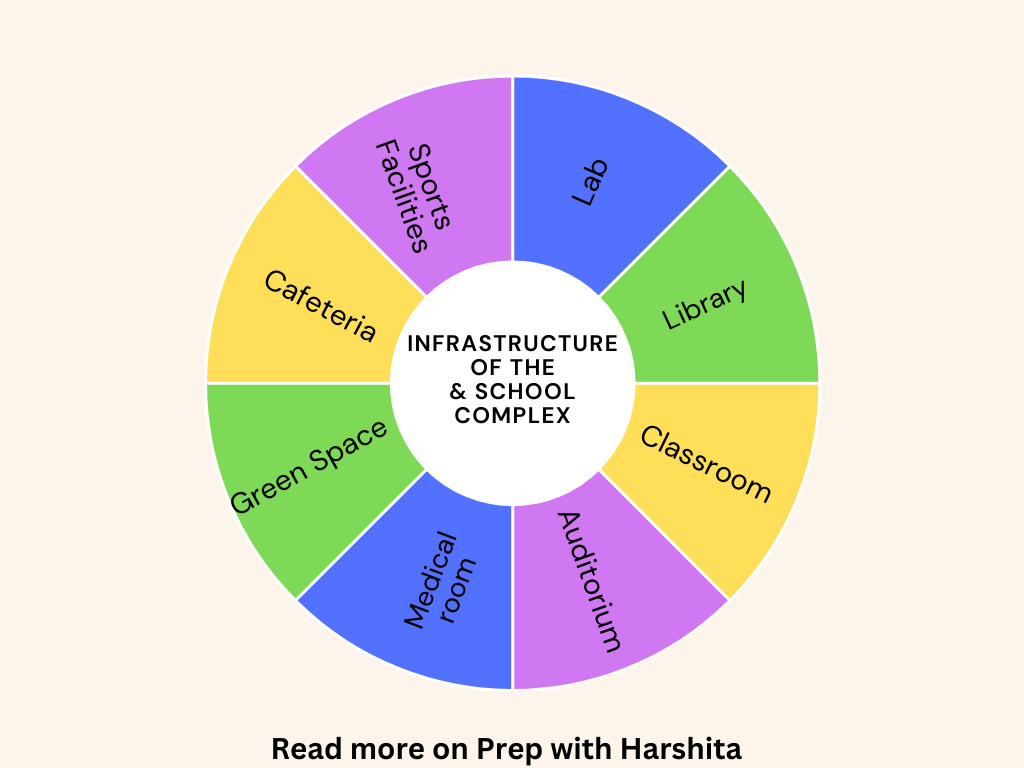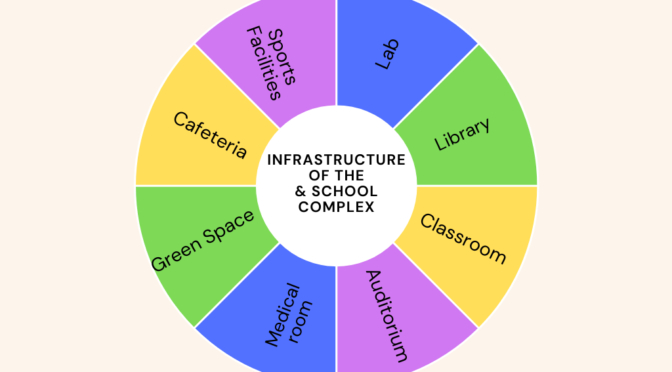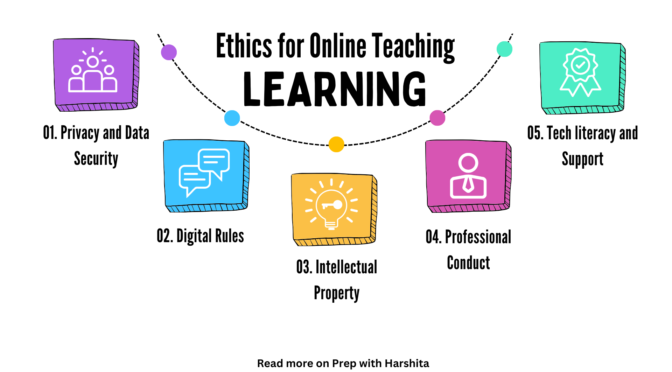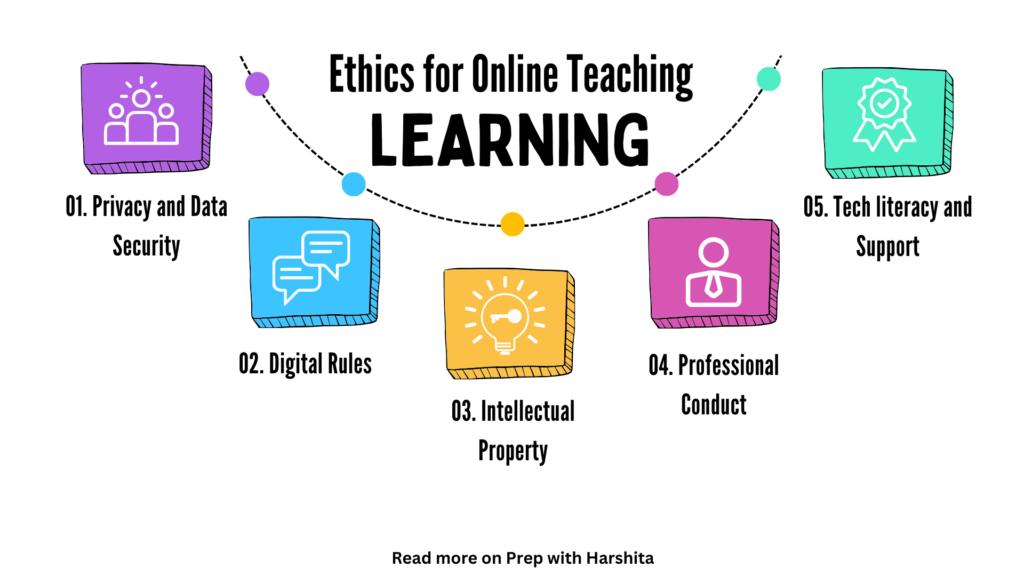The infrastructure of a school and a school complex encompasses various physical and organizational elements that contribute to the overall learning environment. Here are key components of both:
School Infrastructure:
Classrooms:Adequate and well-designed classrooms to accommodate students and facilitate effective teaching and learning.
Library: A library with a diverse collection of books, journals, and digital resources to support research and reading.
Laboratories: Specialized laboratories for subjects like science, computer science, and other practical disciplines.
Sports Facilities: Playgrounds, sports fields, and facilities for indoor and outdoor sports to promote physical activity and sportsmanship.
Administrative Block: Offices for administrative staff, including the principal’s office, administrative offices, and reception areas.
Auditorium or Assembly Hall: A space for school gatherings, assemblies, cultural events, and performances.
Cafeteria: A cafeteria or dining area providing meals for students and staff.
Medical Room: A designated area for basic medical assistance and first aid.
Green Spaces: Outdoor spaces, gardens, or courtyards for relaxation and environmental education.
Also Read : School Organization and Management
School Complex:
A school complex typically refers to a larger entity that may consist of multiple schools, each with its own infrastructure. This could include:
Multiple School Buildings: Several buildings housing different schools or educational institutions within the complex.
Specialized Schools: Different schools within the complex may have specialized focuses, such as a science-focused school, an arts academy, or a vocational school.
Shared Facilities: Shared facilities such as sports complexes, auditoriums, or libraries that serve all schools within the complex.
Common Administrative Services: Shared administrative services that serve multiple schools, such as a centralized administrative office.
Resource Pooling: The ability to pool resources, including teachers, specialists, and facilities, to provide a wider range of educational opportunities.
Also Visit : Prep with Harshita




